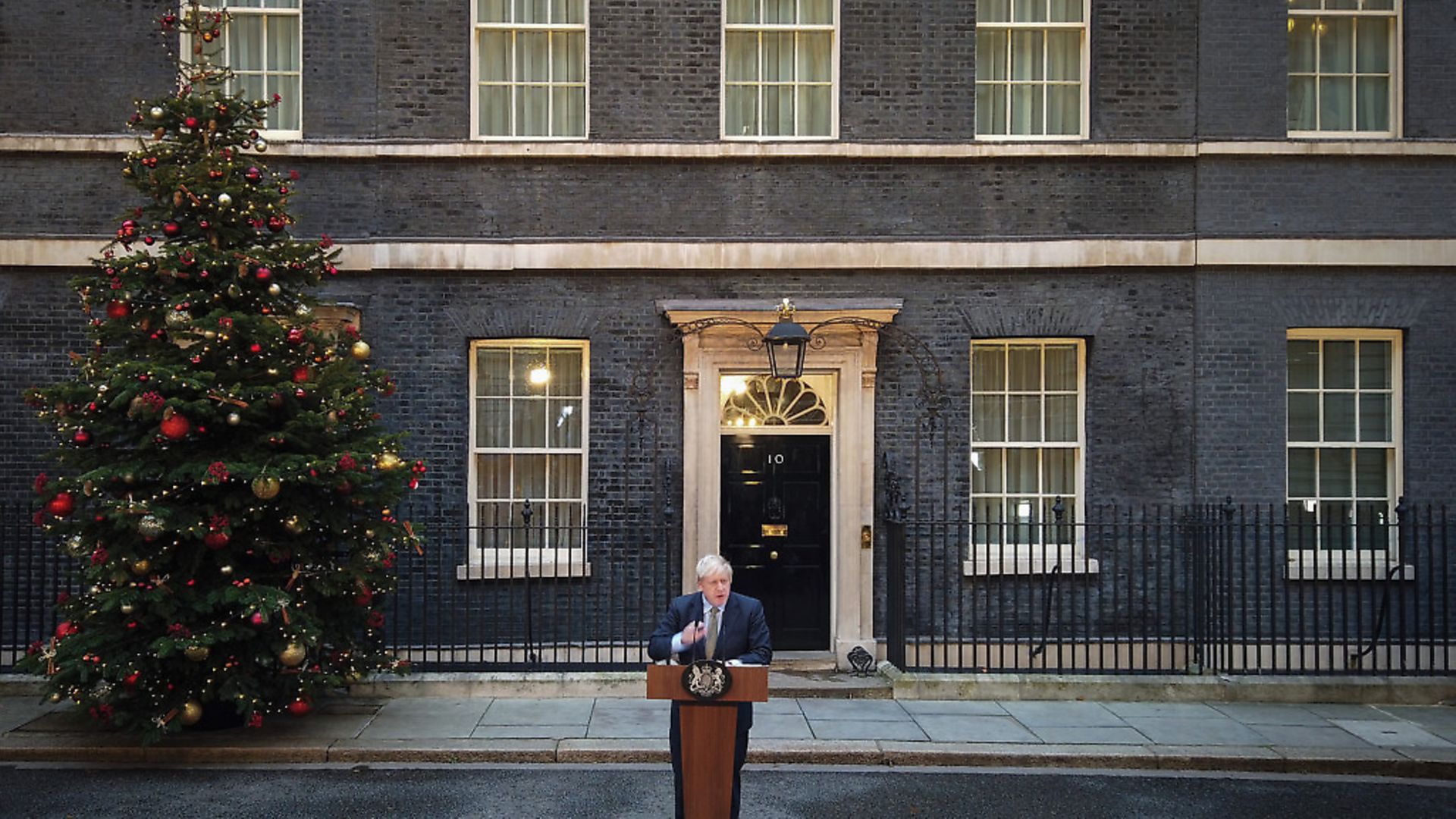
An Electoral Commission has highlighted the issues encountered within the system during the 2019 general election.
The Electoral Commission, in its report into how the 2019 general election was run, said there were ‘high levels of satisfaction’ with how the vote and the process for registering was carried out.
But it issued a warning about some of the issues encountered in holding the first Christmas poll in almost a century.
The commission reported how the timing ‘brought specific challenges’, making it harder to recruit staff and secure polling stations and counting venues, with half of those running the election reporting staff being under ‘strain’.
Venues were already booked out for seasonal events and larger volumes of post during the Christmas period saw reported delays in issuing and returning postal votes in some areas, administrators reported.
Have your say
Send your letters for publication to The New European by emailing letters@theneweuropean.co.uk and pick up an edition each Thursday for more comment and analysis. Find your nearest stockist here or subscribe to a print or digital edition for just £13. You can also join our readers' Facebook group to keep the discussion and debate going with thousands of fellow pro-Europeans.
One of the key findings were that voters overseas reported receiving their ballots too late to send back, meaning they missed out on having a say.
It found that a third of the 3.8 million people registered to vote were already on the electoral register, leading to frustration among staff.
Moreover three-quarters of candidates said they experienced some form of abuse or threats, with 10% of those saying they were physically confronted or intimidated.
And more than half of voters surveyed (58%) agreed that there was a lack of transparency and trust in online campaigning.
Voters reported high levels of engagement with the election, with 80% of people interviewed recording that they knew a lot or a fair amount about the election.
But one in five said they were not confident the election was well-run, with almost a quarter putting their reason down to holding the election at short notice.
Out of a total of 156 cases of alleged electoral fraud reported to the police, half required no further action and one third of the reported cases remain under investigation.
The commission has urged ministers, political parties, campaigners, returning officers and social media companies to work together to ensure the same complaints are not heard at the next election.
The commission said: ‘We have seen similar issues arise at other recent elections in the UK.
‘But the evidence we have seen after this election shows significant concerns from the public and electoral administrators.
‘There is an opportunity between now and the next scheduled general election to make real change, to protect confidence in how elections are run and increase trust in campaigns.
‘Action needs to begin now, to help ensure confidence is not further damaged at future elections.’
The commission used its report to make a host of recommendations, with the caveat that more could be issued when the long-lasting impact of coronavirus is known.
The May local elections, including mayoral elections in London, Bristol, Manchester and elsewhere, have been postponed by a year due to Covid-19.
Recommendations issued by the commission include:
– Make changes to the registration website to ensure voters know if they are already eligible to vote in a bid to avoid mass duplication
– Ensure more transparency in digital campaigning, with imprints on all online material and information to be disclosed within online political adverts, including details such as which constituencies adverts are targeting
– The government should create an electoral offence for intimidation of candidates and campaigners, while social media outfits should take steps to limit intimidating behaviour online.
– Overseas voters should be permitted to print out their ballot papers or vote at their resident country’s consulate.









